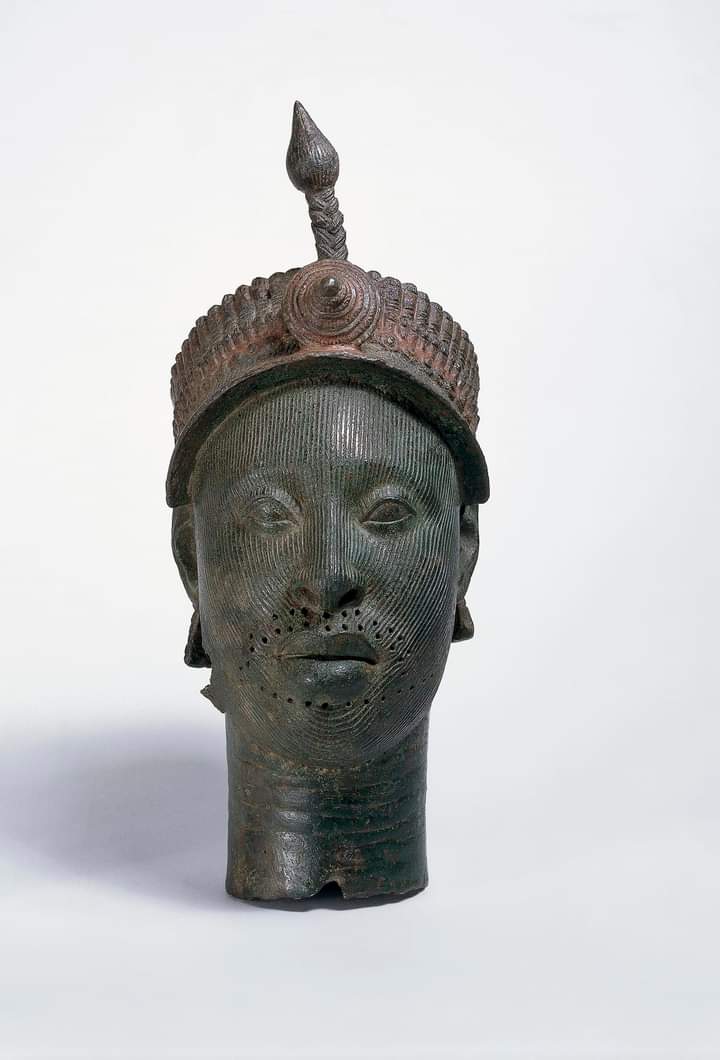Why Soludo’s Registration of Dibias is a Bold Step for Igbo Heritage and Security
Preserving Culture, Ensuring Accountability: Why Soludo’s Registration of Dibias is a Bold Step for Igbo Heritage and Security
Governor Chukwuma Soludo’s decision to register Dibias in Anambra State has sparked mixed reactions, but it is an idea we should all support. Unfortunately, the misunderstanding of who Dibias are and what they represent has led some people to unfairly compare them to pastors or even associate them with negative practices. Let’s break this down in simple terms and understand why this move is not only smart but necessary.
Who Are Dibias?
In Igbo culture, a Dibia is a person with deep knowledge of nature, medicine, and spirituality. The word Dibia literally means “doctor,” and they play a role similar to modern medical professionals. However, unlike Western doctors, Dibias often combine healing with spiritual insights.
There are different types of Dibias, just like there are different kinds of doctors:
1. Herbal Doctors (DIBỊA NGBỌRỌGWỤ NA MKPA AKWỤKWỌ) : These Dibias use herbs, roots, and natural remedies to treat illnesses and save lives.
2. Chief Priests (Eze Mmụọ): They act as spiritual mediators, offering sacrifices and interpreting the will of the gods.
3. Rain Doctors (Dibia Nha Mmiri): Experts in controlling weather—yes, they can make it rain or stop the rain.
4. Diviners (Dibia Mgba Afa): They are soothsayers and spiritual guides who help people understand the root of their problems.
5. Water Spirit Specialists (Dibia Owummiri): These Dibias handle issues related to water spirits, like ọgbanje or iyiụwa.
As you can see, most Dibias are more like doctors or specialists in specific fields. Only a few, like Eze Mmụọ and Afa Dibias, could be compared to spiritual leaders like pastors.
Why Registering Dibias Is a Great Idea
1. Accountability: Just as medical doctors need licenses to operate, Dibias, who work with human lives, should also be held to professional standards. This ensures only qualified practitioners operate.
2. Curbing Criminal Practices: Unfortunately, some criminals rely on unethical Dibias for charms and protection. Registering Dibias helps the government monitor their activities and revoke licenses if they engage in harmful practices.
3. Respecting Our Heritage: For centuries, Dibias have played an important role in Igbo culture and medicine. Recognizing and formalizing their contributions will preserve this part of our heritage for future generations.
4. Clarity and Trust: By registering Dibias, the government can separate genuine practitioners from fraudsters who exploit people’s ignorance.
Misunderstanding Dibias: Stop Comparing Them to Pastors
Some people have argued that if Dibias are being registered, pastors and reverends should also be regulated. But this argument shows a misunderstanding of what Dibias do.
Pastors focus on religious teachings, while Dibias primarily focus on healing and solving practical problems. A herbal doctor saving lives with roots and herbs cannot be compared to a pastor leading prayers in a church. Even among Dibias, only Eze Mmụọ and Afa Dibias deal with spiritual matters comparable to religion.
Dibias Are Part of Our History
Before Western medicine came to Africa, our ancestors relied on Dibias for healing and problem-solving. They treated psychiatric conditions, cured illnesses, and even provided antidotes to poisons.
This doesn’t mean every Dibia is perfect—just as there are bad apples in any profession, some Dibias misuse their knowledge. But this is why Soludo’s initiative is so important. By registering them, the government can distinguish genuine practitioners from those who exploit others.
How This Will Work
Under the new system, Dibias will identify their area of expertise—whether they’re herbal doctors, rainmakers, or diviners—and demonstrate their skills to qualify for a license. For example:
A rain doctor must show they can control rainfall.
A herbal doctor must prove their knowledge of herbs and healing.
Once licensed, Dibias must stick to their area of specialization. If a Dibia trained in herbal medicine starts dabbling in charms or harmful practices, their license can be revoked.
A Step Toward Security
This move also has security benefits. Many criminals rely on charms from unethical Dibias. With a proper registration system, the government can monitor these activities and hold the Dibias accountable. It’s a smart way to address insecurity while respecting our culture.
Why We Should Support Soludo
Governor Soludo’s policy is not about targeting tradition; it’s about protecting it. By regulating Dibias, we preserve their legacy, improve public trust, and ensure their practices align with the greater good.
Instead of criticizing or comparing Dibias to pastors, let’s educate ourselves and embrace this initiative. It’s a chance to celebrate our heritage while moving forward as a people. Soludo is right, and other states should follow his lead.




